Ethiopia says Eritrean troops ‘exiting’ Tigray amid public fears of confrontation
Ethiopia has announced that military troops from neighboring Eritrea have “started to evacuate” the conflict-hit Tigray region situated between the two African states.
Ethiopia's Foreign Ministry made the announcement on Saturday, one day after the Group of Seven (G7) countries called for the speedy withdrawal of the Eritrean forces fighting on the side of Ethiopian forces in a war against the Tigray People's Liberation Front (TPLF) in northern Ethiopia.
“As announced last week, the Eritrean troops who had crossed the border when provoked by the TPLF have now started to evacuate,” the statement said, adding that Ethiopia's military had now “taken over guarding the national border.”
Amid mounting reports of massacres and widespread sexual violence in Tigray following the government-launched November offensive, Ethiopian Prime Minister Abiy Ahmed revealed for the first time in March that Eritrean troops had been secretly fighting alongside Ethiopian forces in the north against the TPLF forces.
Addis Ababa and Asmara long denied Eritreans were active in Tigray at all, contradicting testimony from residents, rights groups, aid workers, diplomats and even some Ethiopian civilian and military officials.
Abiy claimed that Eritrean combat troops would now leave the country and return to their homeland.
However, residents from Tigray reported that occupying Eritrean troops were still present in a number of their cities and towns.
At least four truckloads of Eritrean soldiers have arrived in the town of Edaga Hamus since last weekend, one resident told AFP, asking not to be named for safety reasons.
“Since the Eritrean soldiers have arrived back in Edaga Hamus, I have been unable to leave my house for fear that they would kill me if they find me on the street,” the resident said.
“However, I may soon need to go out of my house in search of food items for me, my wife and my two kids or else all of us will starve to death.”
More Eritrean troops have also recently arrived in the town of Senkata, though it was unclear if they would stay, said a resident who spoke on condition of anonymity as well.
“There is anxiety that the Eritrean soldiers are preparing a large-scale confrontation,” the resident said.
The TPLF had dominated national politics in Ethiopia for nearly three decades before Abiy took power in 2018.
Abiy, winner of the Nobel Peace Prize, sent troops into Tigray in November, a move he said came in response to TPLF-orchestrated attacks on federal army camps.
Access restrictions for humanitarian workers, researchers and journalists have made it difficult to determine a death toll for the fighting so far.
But myriad reports have emerged of massacres, extrajudicial killings and sexual violence. Abiy's government has said it is committed to investigating such crimes.
Amnesty International and Human Rights Watch (HRW) have accused Eritrean troops of killing hundreds of people in the Tigrayan town of Axum in November.
Meanwhile, most TPLF leaders remain on the run and pro-TPLF fighters have regrouped under the Tigray Defense Forces, an armed movement “led by the removed Tigrayan leaders and commanded by former high-ranking” military officers.
The resistance enjoys popular support from Tigrayans angry over mass killings and rapes, including those committed by soldiers from Eritrea, the TPLF's bitter enemy.
The International Crisis Group, in an analysis released on Friday, sounded the alarm about the risk of a “protracted” war in Tigray.
It warned that Ethiopian and Eritrean authorities’ determination to keep Tigray’s fugitive leaders from regaining control of the region would further destabilize the Ethiopia.
“That would further devastate Tigray and greatly harm Ethiopia, the linchpin state in the Horn of Africa,” the report warned.
“With a decisive battlefield win for either side a remote prospect, parties should consider a cessation of hostilities that allows for expanded humanitarian aid access. This practical first step would reduce civilian suffering and ideally pave the way for a return to dialogue down the road,” it added.
The ongoing conflict between Ethiopian troops and the pro-TPLF forces has left thousands of people dead and forced hundreds of thousands from their homes in the mountainous region.
Before the conflict broke out in Tigray, the region was home to around 5.5 million people, according to UN estimates. Since then, many people have fled due to violence and sought refuge in neighboring Sudan.
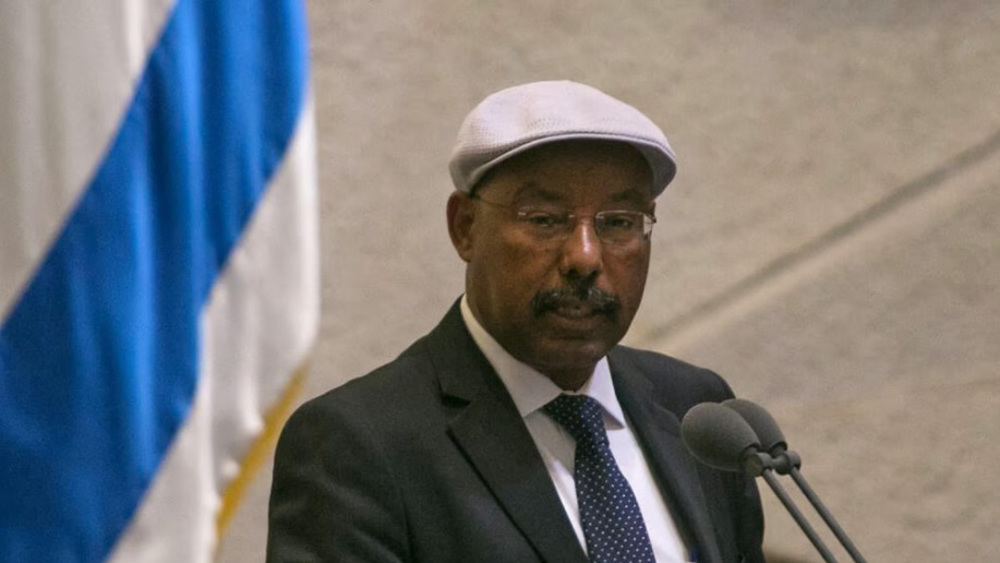
Top Israeli diplomat expelled from African Union summit

US revokes all visas held by South Sudanese passport holders
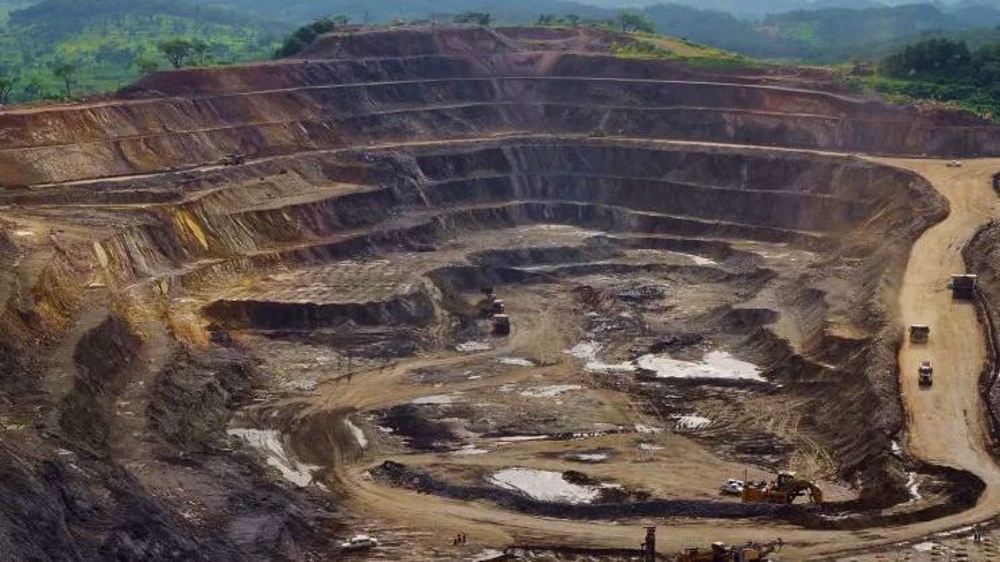
US considering ‘rare earths’ deal with DR Congo: Report
Full-blown famine grips Gaza as 91% of population faces extreme food insecurity: NGO
VIDEO | Press TV's news headlines
Iranian FM informs Saudi counterpart about indirect talks
VIDEO | Pakistani parliament adopts resolution against Israeli atrocities in Gaza
Iran: Second round of indirect talks with US will be held in Oman
China urges US to ease trade tensions via ‘equal dialogue’
‘Hamas not defeated, military overstretched’: Israeli army chief
Iran, Armenia should elevate ties to strategic partnership: Deputy FM


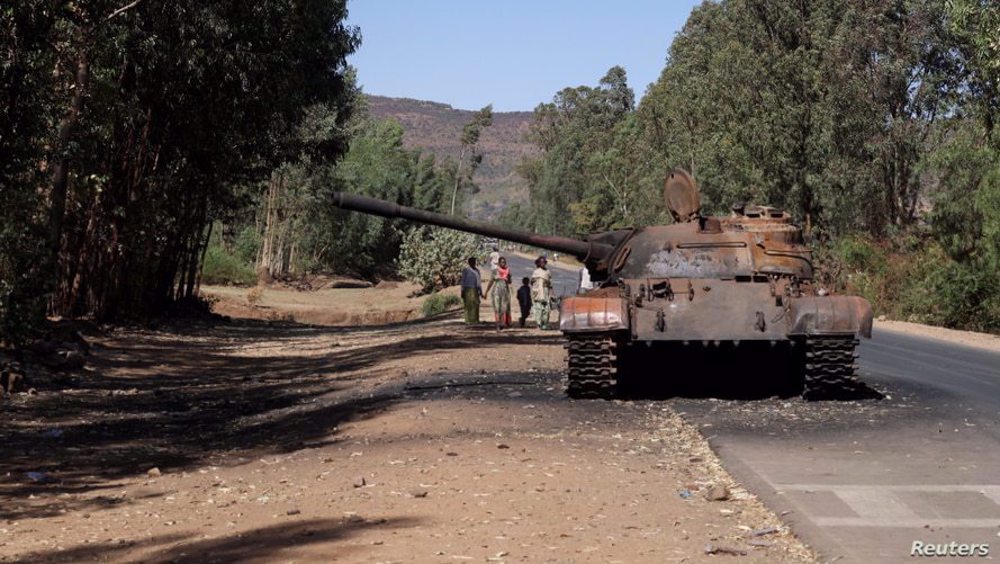



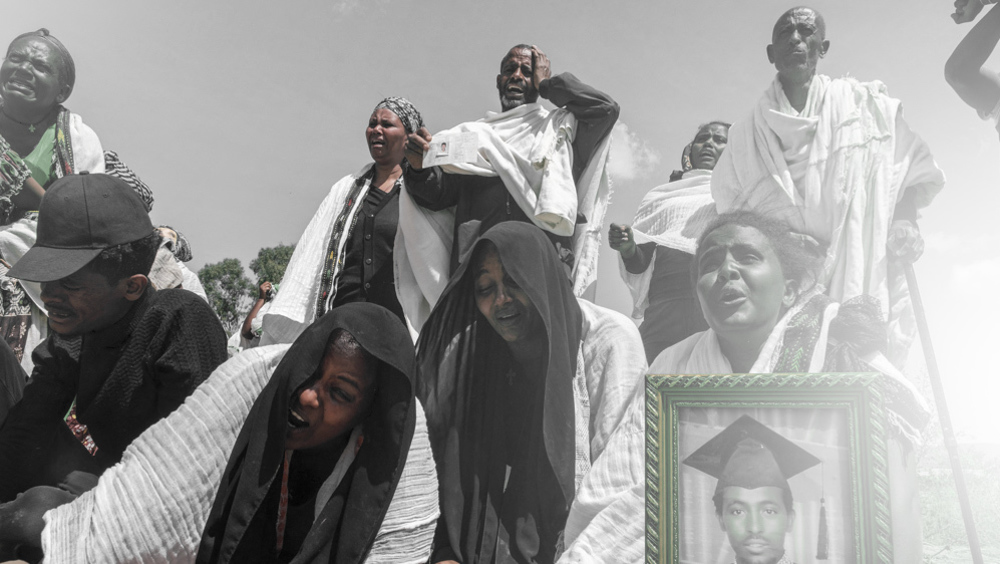
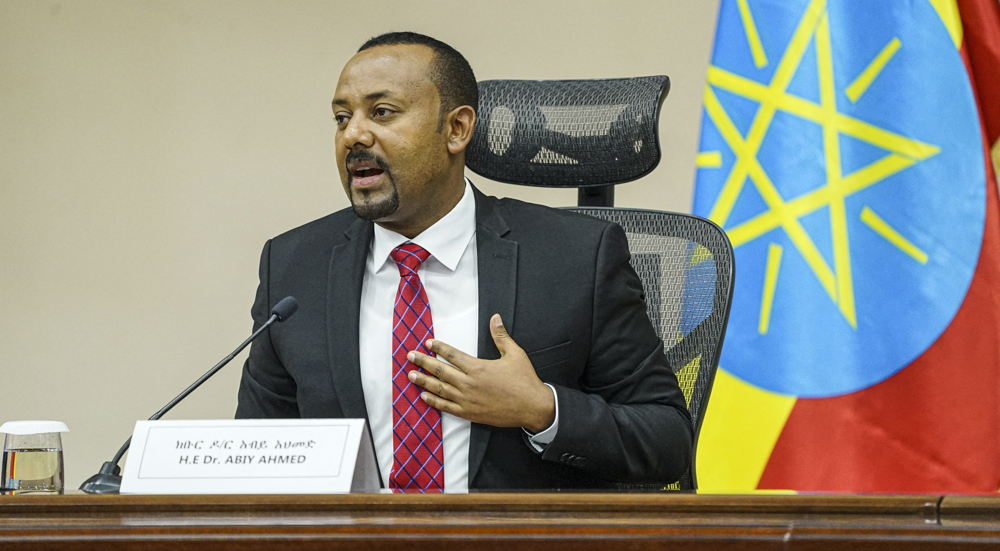
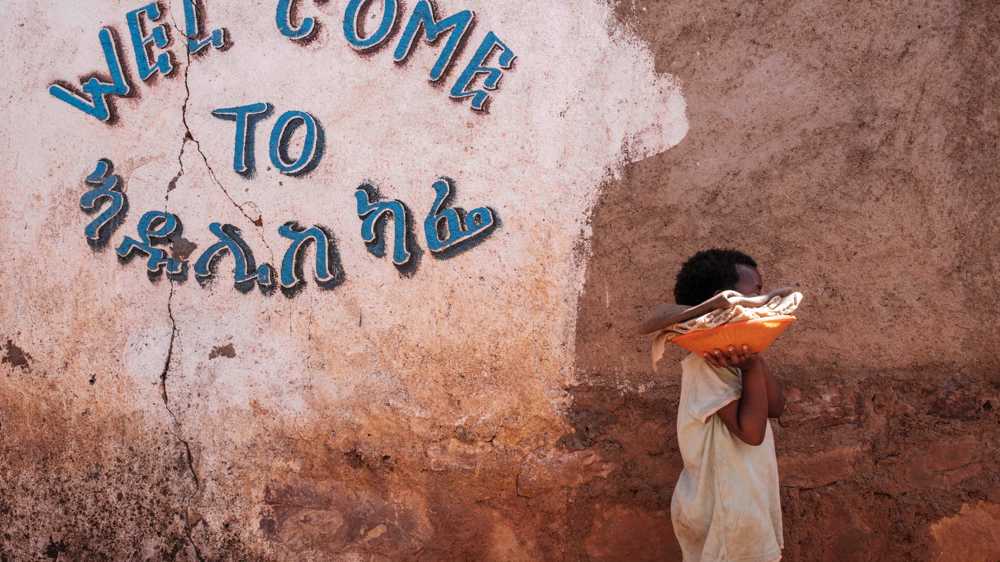
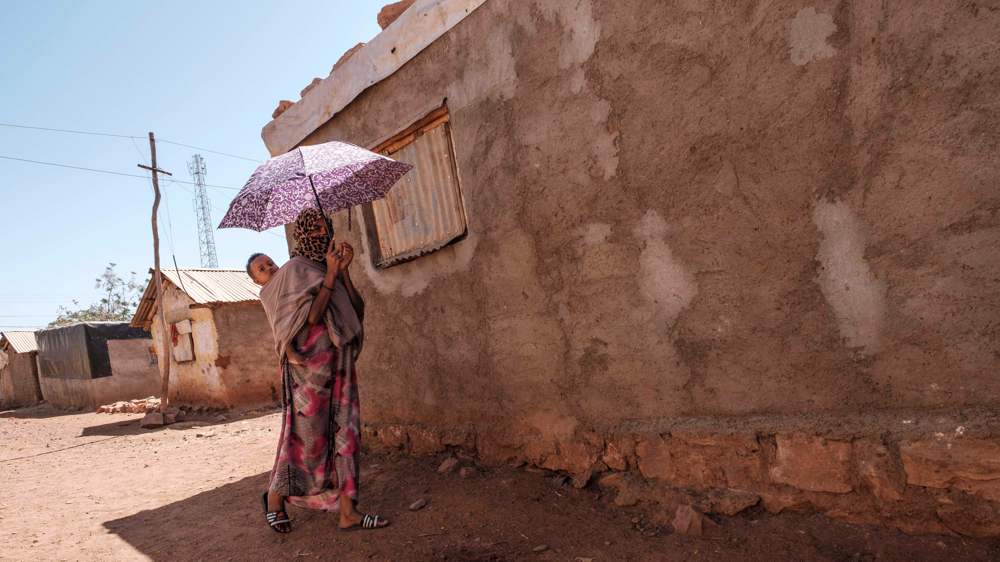

 This makes it easy to access the Press TV website
This makes it easy to access the Press TV website